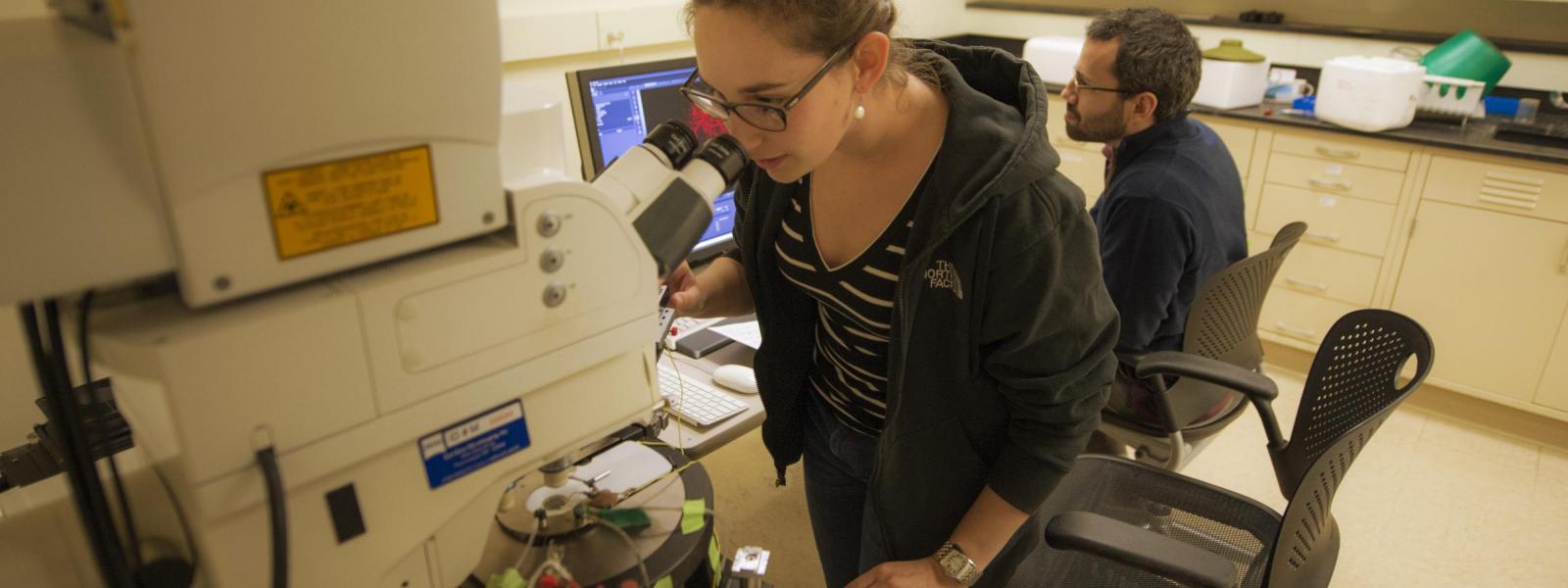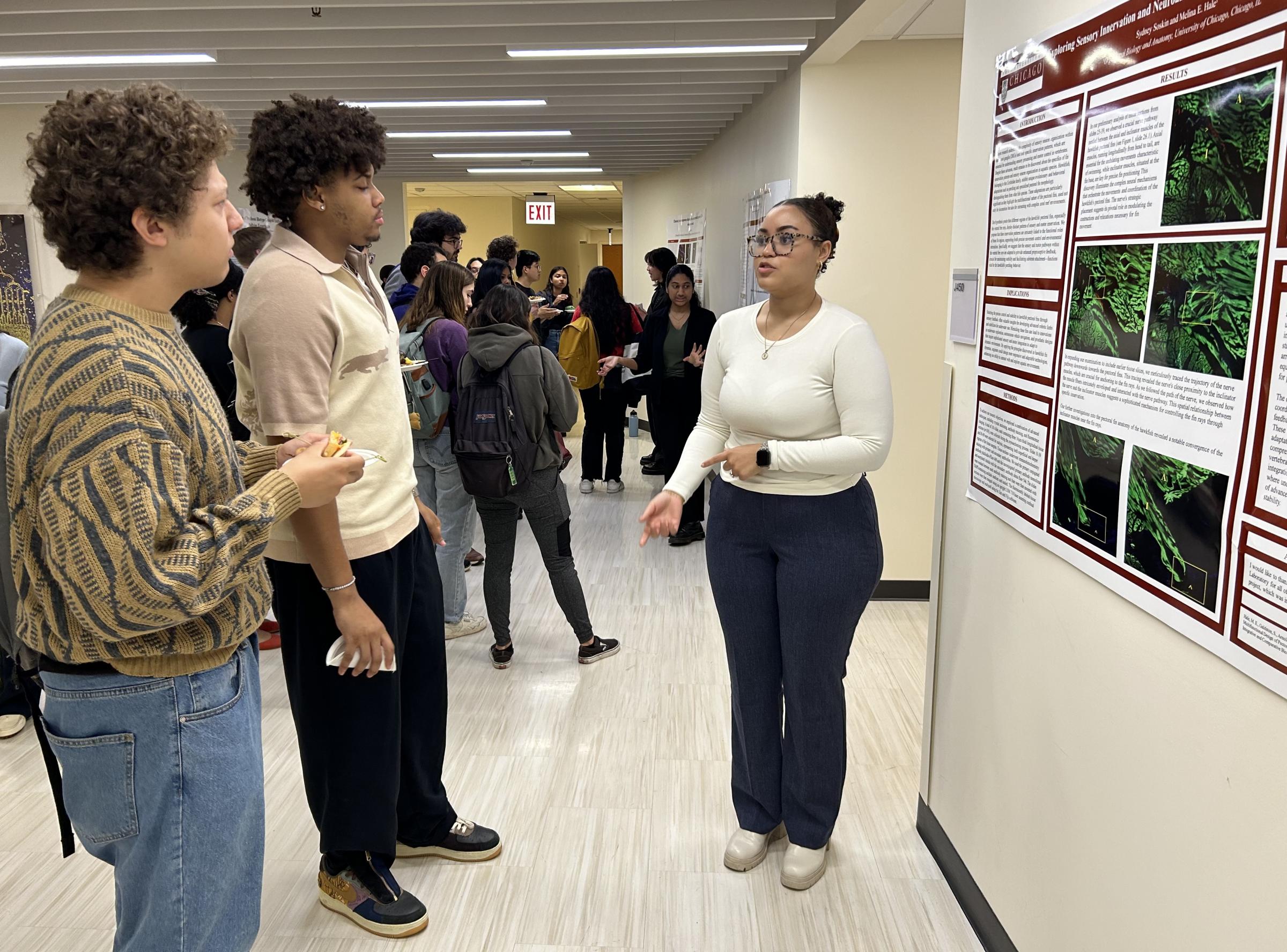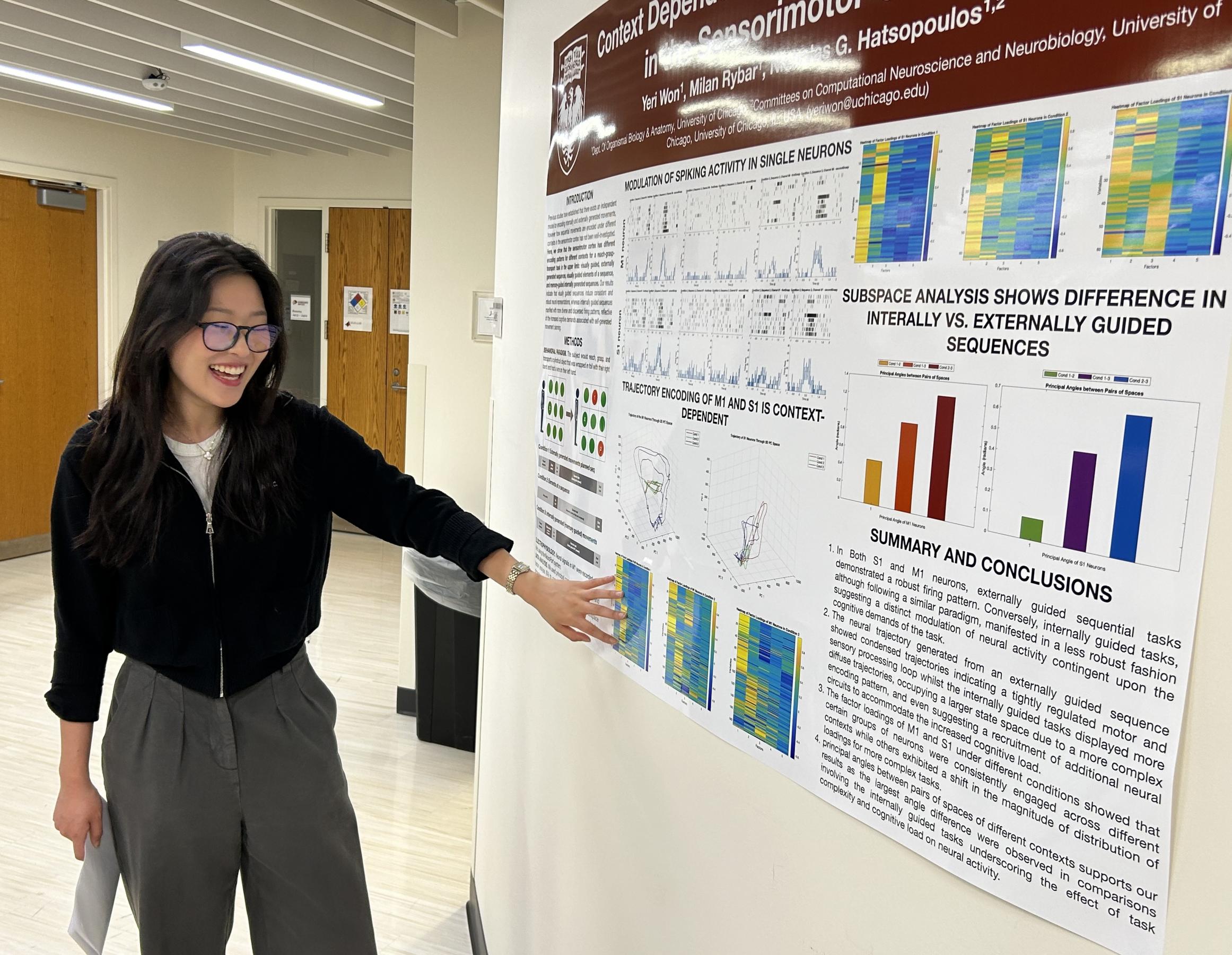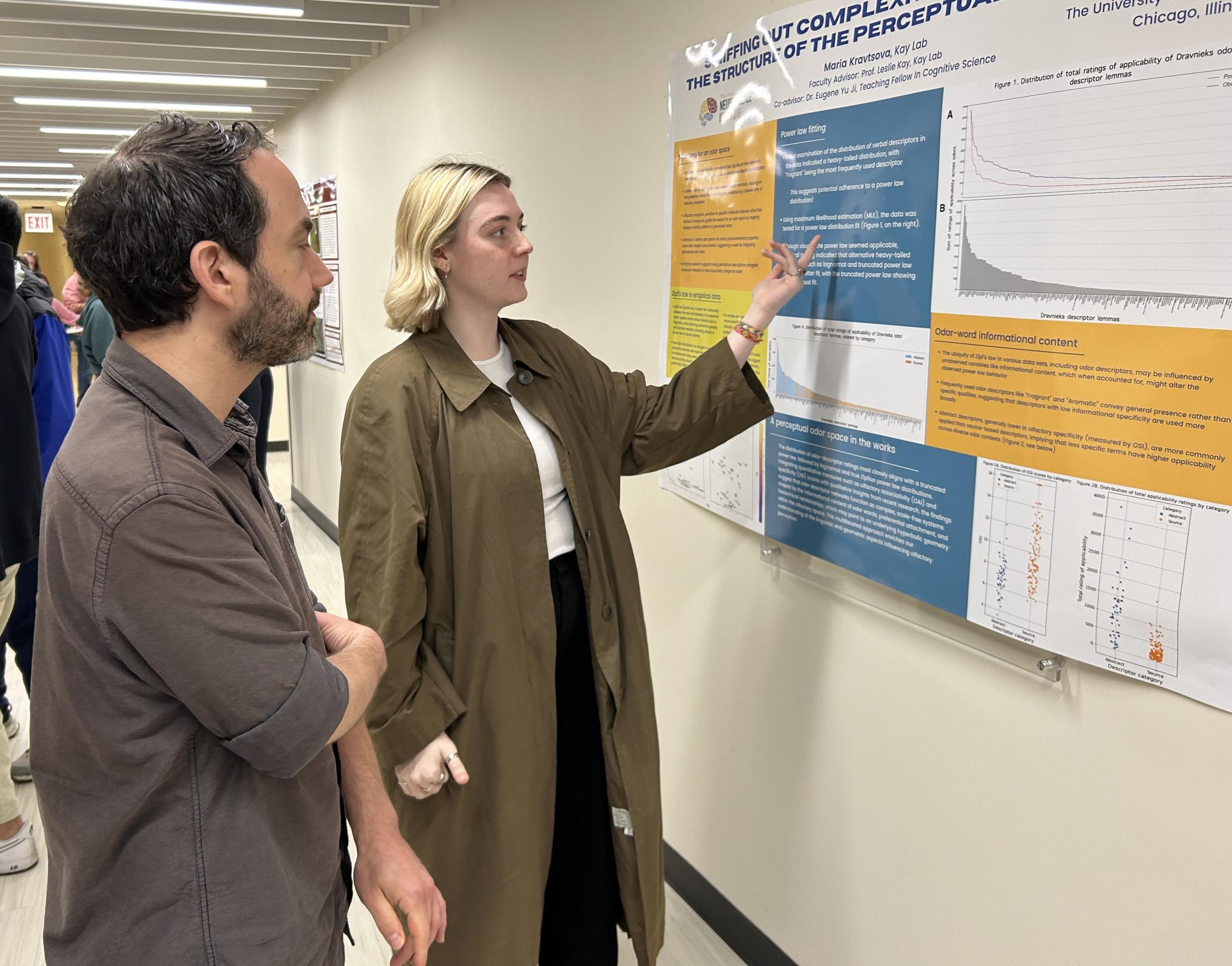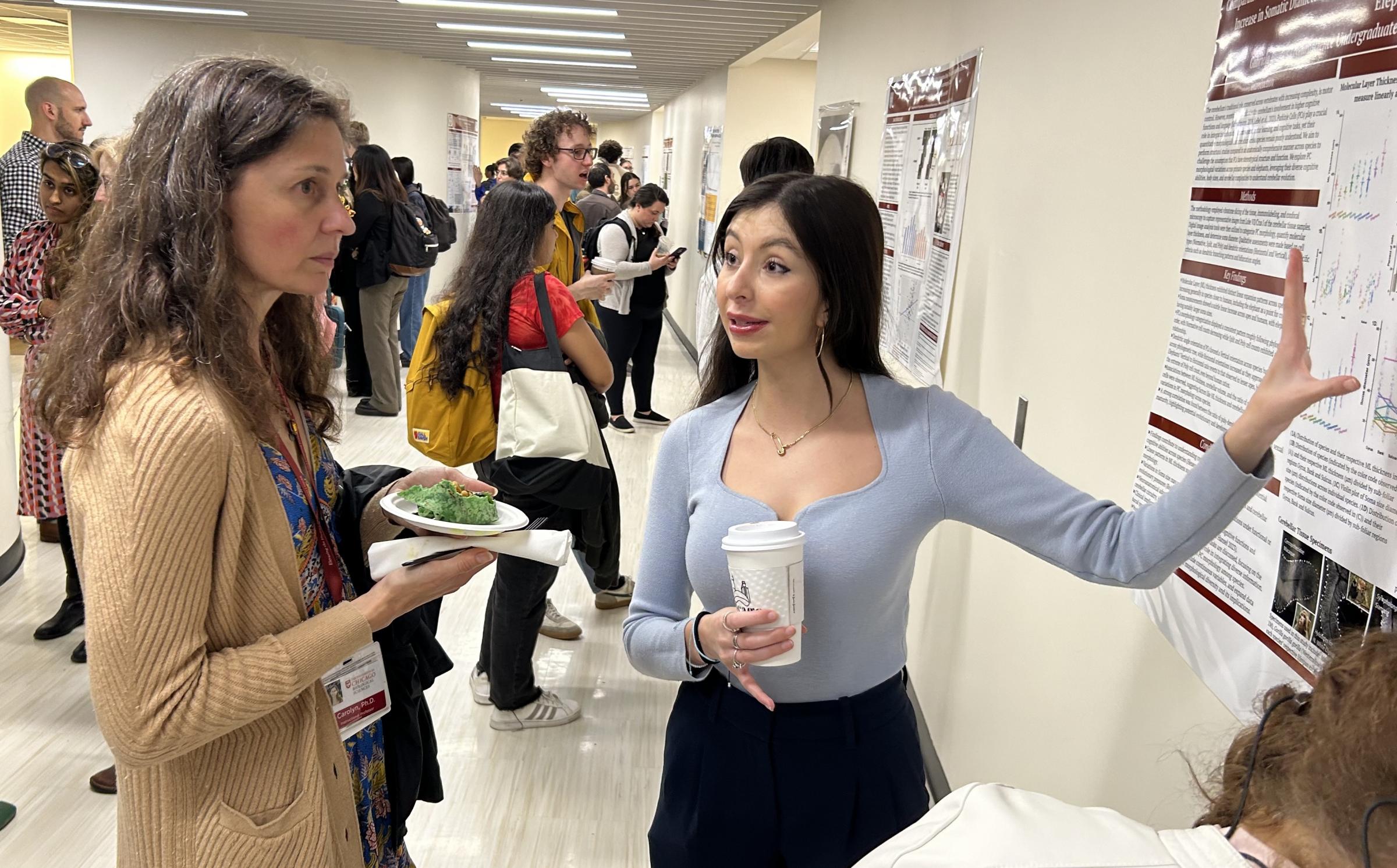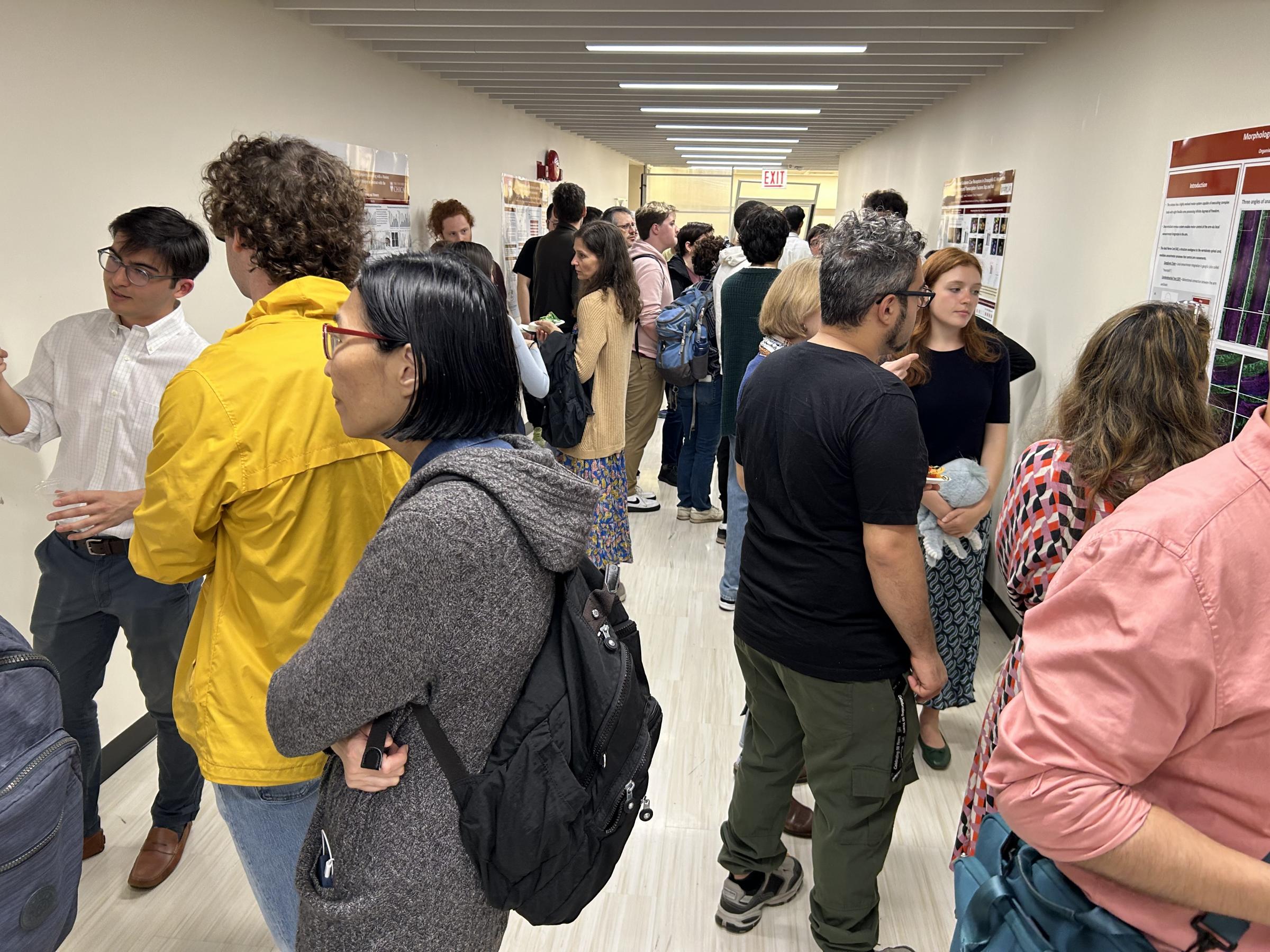The principal distinctions between the BA and BS programs are enrollment in experimental or scholarly research and additional elective neuroscience courses.
Students can earn a Bachelor of Science in Neuroscience by completing all the requirements for the BA, plus an additional 3 elective courses that include 1-3 quarters of faculty-supervised research or scholarly research as an elective course. These two additional requirements are the two principal distinctions between the BA and BS programs. The research elective must result in a written thesis and a poster presentation at the end of the academic year in which it is taken.
WE HAVE TWO PATHS FOR STUDENTS TO COMPLETE THE BS PROGRAM:
- LABORATORY RESEARCH BACHELOR OF SCIENCE (NSCI 29100-29102):
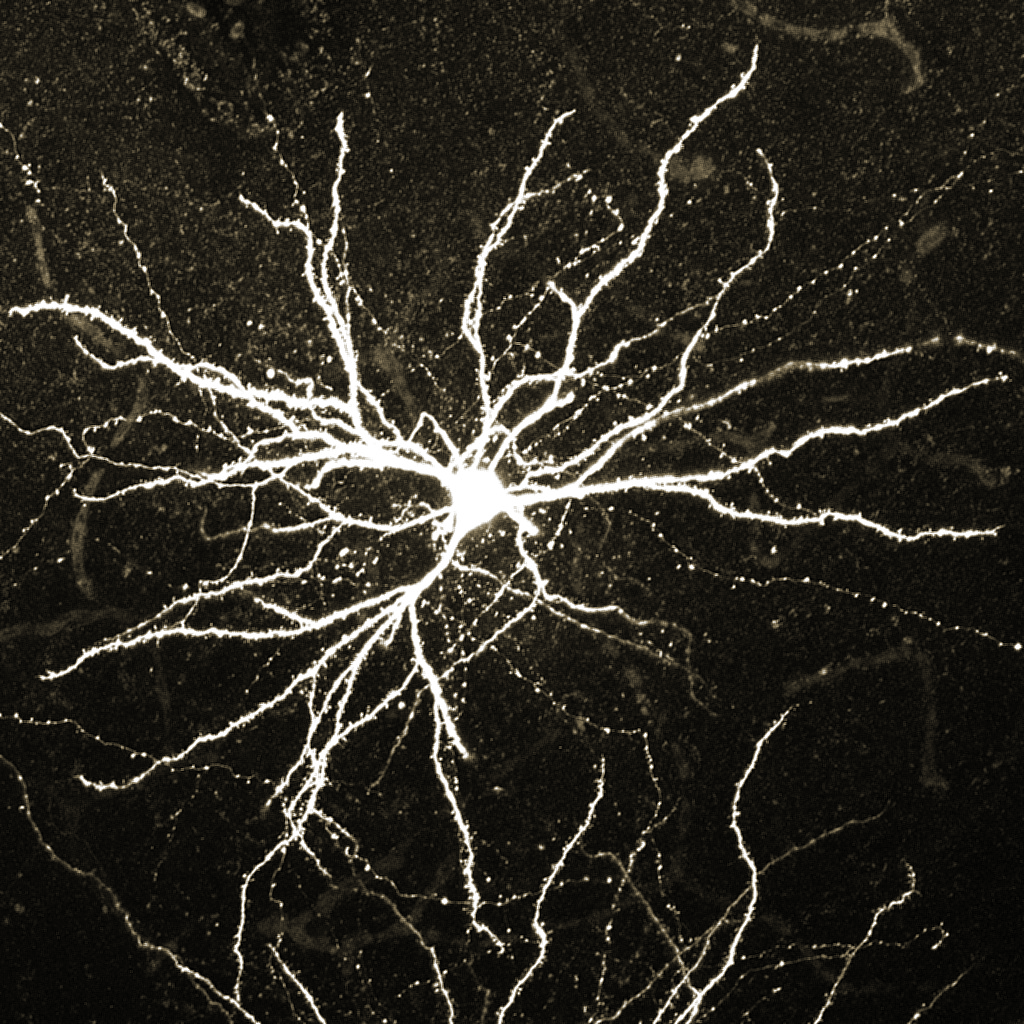
This option allows students to earn a BS in Neuroscience by conducting faculty-supervised research in a laboratory setting (NSCI 29100-29102). Students can enroll and receive elective credit during the fall, winter, and spring quarters. A passing written thesis and a poster presentation must be completed in their graduating quarter.
For the written thesis, students can choose between one of the following categories:
- A laboratory-based thesis in which the student collects, analyzes, and evaluates data to test a clearly stated hypothesis;
- An analytics-based thesis in which the student analyzes and evaluates data that the lab has previously acquired to test a clearly stated hypothesis;
- A theory-based thesis in which the student employs a model or simulation to test a clearly stated hypothesis or develop a novel hypothesis.
Students are encouraged to seek out laboratory experiences in their first and second years but are only able to enroll in the research elective thesis course in the third and fourth. For more information on finding a research mentor, click here.
- SCHOLARLY RESEARCH BACHELOR OF SCIENCE COURSE (NSCI 29103):
This option allows students to earn a BS in Neuroscience by completing a scholarly thesis outside a laboratory setting (NSCI 29103). Under the guidance of Dr. Carolyn Martineau, students will conduct a literature review, synthesis, and interpretation of primary sources on an approved neuroscience topic during the Autumn Quarter of their fourth year. A thesis draft will be completed by the end of the Autumn Quarter, leading to the final Scholarly Thesis and a poster presentation in the graduating quarter.
For their scholarly thesis, students must review primary scientific literature on a neuroscience topic to develop and describe a novel perspective or hypothesis.
This pathway does not require students to obtain a laboratory mentor, as Dr. Martineau will guide them through the BS program. This course is ONLY offered in the Autumn Quarter, but attendance at BS thesis information meetings is required each quarter until graduation. This course cannot be taken in addition to NSCI 29100-29102.
By the end of the academic year that a student has enrolled in NSCI 2910X, the student will be required to:
WRITE A THESIS
For the Scholarly Research Bachelor of Science path, the thesis must have a maximum of 20 pages, double-spaced with 1-inch margins and 11-point font. The reference list should include at least 30 scientific journal articles. The format should be written in the style of a Neuron review article.
The thesis must be submitted to neuromajor@uchicago.edu for review and final grading before Friday of the 5th week of the student's graduating quarter. Faculty members outside of the student's chosen lab will evaluate the thesis and poster.
For a thesis which falls into category 4: The thesis will have a maximum of 20 pages, double spaced with 1-inch margins and 11-point font. The reference list should include at least 30 scientific journal articles. Format should be written in the style of a Neuron review article.
present A POSTER
Be prepared to present your research, using your poster as a visualization, and answer questions from your reviewers, faculty, and other students.
Please see the following links for helpful poster presentation guidelines:
Poster Guidelines
Poster Template
Webinar: How to Make and Present a Poster for SfN
ATTEND THE BS THESIS QUARTERLY MEETINGS
REGISTRATION FOR NSCI 29100-29102 OR NSCI 29103:
- Path 1: Laboratory Research Bachelor of Science - To register for NSCI 29100-29102, students must submit a thesis proposal (signed by their PI) with clearly stated objectives. The 1–2-page proposal should be developed in close collaboration with the PI and must clearly outline what will be accomplished during the quarter(s) of research. The thesis proposal should explicitly specify the milestones that will be achieved in testing the hypothesis over the course of each quarter. This form is submitted to the Neuroscience Major's administrative office for approval. Signed and approved forms must be submitted to the registrar by the 3rd week of the quarter that the student wishes to enroll in the course.
- Path 2: Scholarly Research Bachelor of Science Course - To register for NSCI 29103, students must reach out to neuromajor@uchicago.edu to discuss the thesis proposal format and requirements.
Thesis proposals are due to Neuromajor by the end of the 1st week of the quarter in which students enroll.
Neuroscience is currently one of the most captivating scientific disciplines. Due to its inherent complexity, delving into the mysteries of the brain represents a rare frontier in scientific endeavor where the potential for discovering entirely novel and unexpected findings still exists.
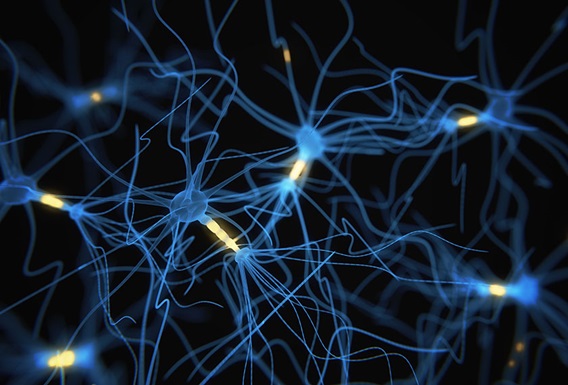
I enjoyed being able to work on my own thesis project; I was able to learn a lot through developing my own project. I also enjoyed being able to have my PI as such a close mentor, as well as being able to be part of a larger lab group and getting to know about their research.
